By Carlen Hultgren
A proposal has been brought to the neighborhood associations for discussion regarding the development of the property on the southwest corner of Glenwood and Moreland Avenues. The proposed project is a mixed use development by The Sembler Company, the business that also developed the Edgewood Shopping District. It would include a nationally recognized pharmacy, which would be the largest tenant and is the driving force for this project, along with additional retail space with residential units above. It includes the option to purchase the old Masonic Lodge, Buffalo China, the parking lot in between, two houses on Glenwood Avenue and two houses on Portland Avenue. The larger parcel is in bankruptcy and Sembler is working with a third party on the sale. Also included in the plan is a proposed realignment to Glenwood Ave that would get rid of the odd ‘right turn / left turn’ at the light that crosses over Moreland Ave at Glenwood.
Presently this property is zoned NC2 which stands for Neighborhood Commercial. Each neighborhood that has an NC zone is also assigned a number, 2 being East Atlanta. At this point, there are about 30 NC zones in Atlanta (EAV, Kirkwood, Little 5 Points, etc.). The NC designation is designed to promote and sustain a neighborhood friendly core. Some of the objectives of this designation is to promote pedestrian orientation, street oriented development over highway oriented development and to support residential density to support commercial viability and transit. The ordinance also serves the important function of a growth management tool.
In addition, in 2008 the South Moreland Avenue Livable Centers Initiative (LCI) was adopted. This recognizes Moreland as a viable corridor for transit in the future and included rezoning of several properties as mixed-use/residential/commercial (MRC). Some of the goals of this initiative are to support mixed-use development, support and enhance pedestrian traffic and to make long-term recommendations for fixed transit options, like light rail or streetcar, on Moreland Avenue.
In order for this particular development to go through, there are zoning changes that would be required (from the current NC2 to MRC1) in order to fulfill the needs of the major tenant. J.T Guzzardo, representing Sembler, has presented the plan and its revisions to the neighborhood associations EACA (East Atlanta Community Association), SANDS (South Atlantans for Neighborhood Development) as well as the full NPU and NPU-W LUZ (Neighborhood Planning Unit W Joint Land Use and Zoning Committee) seeking neighborhood feedback since March, when this plan was first considered. The final plan will be voted on by each community organization and this feedback will be assessed by the ZRB (Zoning Review Board) and taken into consideration when the decision is made as to whether to allow the changes to the current zoning. If the three neighborhoods involved, East Atlanta, Ormwood Park and SANDS, are in consensus, it is likely the ZRB will follow their recommendations.
The requested zoning changes are required for two main reasons: 1-NC2 does not allow a drive thru, which is a requirement of the pharmacy tenant and 2- the square footage required for the project exceeds the allowable for one business location in the NC2 zone. For the record, the drive thrus that are located on Moreland in East Atlanta today, existed when the NC zoning ordinance was adopted so were ‘grandfathered’ in. When significant renovations or takeover of an existing location (as in the case of Cook Out) happened, all zoning issues were handled directly by the City’s Office of Planning and Office of Buildings. They never came through the community associations or NPU, but from the zoning laws standpoint, they should never have been allowed.
There are legitimate concerns expressed at all of the neighborhood meetings as to whether this is the right development of the property and whether the zoning changes to accommodate this commercial expansion are worth the benefits to the neighborhoods. Andy Schneggenburger, the LUZ chair for EACA, made a thorough presentation to the EACA meeting in June explaining the zoning and other issues involved in this project and has contributed to other neighborhood association meetings as well. The common thread that continues to come up at all these meeting is the concern over the legal precedence that changing the zoning in this instance might set for future projects and even existing business on the Moreland corridor. If this particular zoning change is made, community organizations and the city of Atlanta would be in a far weaker, if not impossible, position to oppose future modifications to the NC2 zoning ordinance.
Many of the concerns that have been brought up at the neighborhood meetings have been addressed by Sembler in the form of modifications or clarifications to the plan, including high traffic access to the adjoining neighborhood, pedestrian traffic for the retail stores, a buffer zone between existing residences and the new businesses, etc.
A site plan-contingent re-zoning has also been suggested, meaning that the zoning change would be made project specific. In other words, should the Sembler project not go through with the eventually accepted plan, the zoning for the property would go back to its original NC2 designation and any future projects would be required to go through the same process if they also required re-zoning. Questions have come up whether this is a realistic option, again referring back to the legal re-zoning precedence.
Sembler considers this an evolving plan and interaction with the neighborhoods continues to be an important part of the planning process. Currently the project is in deferral, as the plans and recommendations are fine tuned.
As anyone driving along Moreland knows, the Masonic Lodge has been empty and graffiti covered for years; Buffalo China, not quite as long, but is still a decaying eyesore. Previous attempts to put the Masonic Lodge on the National Historic Registry have failed. Renovations to make the building usable are not economically feasible for this project so the lodge will be torn down. While the parking lot is regularly used for food trucks, church parking and occasionally trailers for movie filming, no one would deny the right type of development would be an improvement to the corner
In neighborhoods so vibrant, the active community groups here are faced with the task of encouraging enough business growth to service the increasing population in the area as well as support the businesses that have long made these neighborhoods their home, without sanctioning uncontrolled commercial growth that would change the character of these communities. Growth is inevitable. Managed growth, while maintaining the safe and neighborhood friendly atmosphere that draws most of us to our south Atlanta neighborhoods is beneficial. The challenge for our neighborhoods is deciding which projects will enhance the area, not only in the near future but for decades to come.
If you would like to find out more about this project or get involved in the discussion, there are several monthly meetings where you can ask questions and have your voice heard.
EACA–East Atlanta Community Association, 2nd Tuesday of the month, 7:00PM Branan Towers
NPU-W –LUZ–Land Use and Zoning Committee, 1st Tuesday of the month, 7:00PM Eastside Church
SANDS –South Atlantans for Neighborhood Development, 2nd Thursday of the month, 7:30PM Beulah Heights University
NPU-W Transportation Committee and Public Safety Committee, 4th Wednesday of the month, 6:30PM Eastside Church
NPU-W meetings Neighborhood Planning Unit-W, 4th Wednesday of the month, 7:30PM Eastside Church

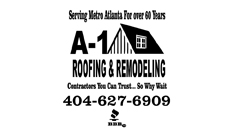
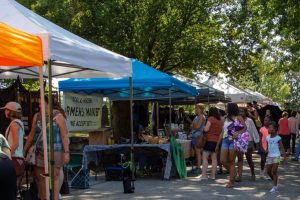
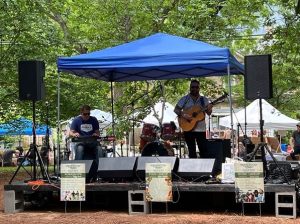
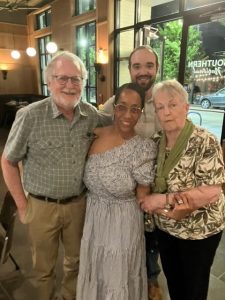
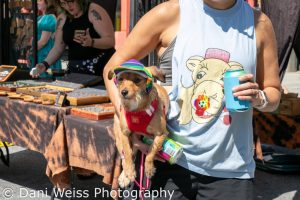
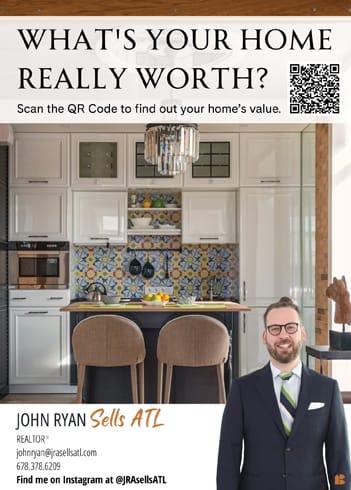
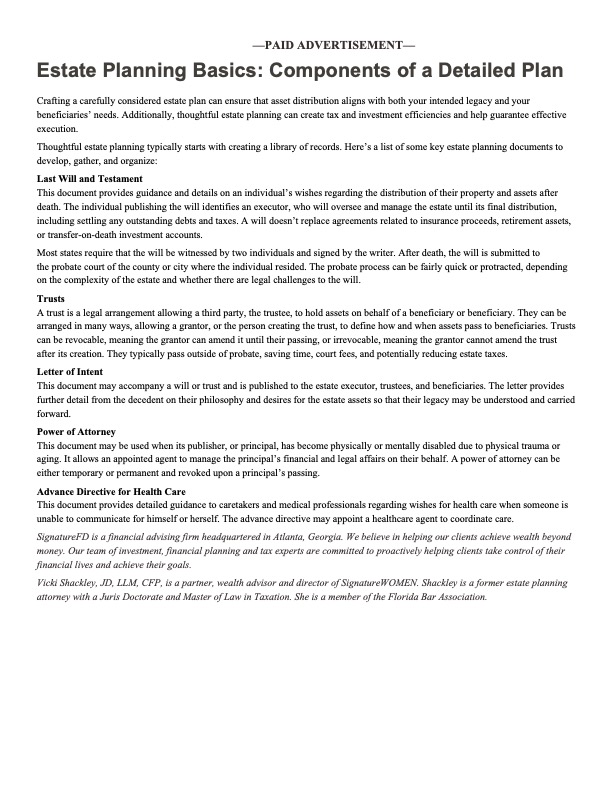
Comments are closed.